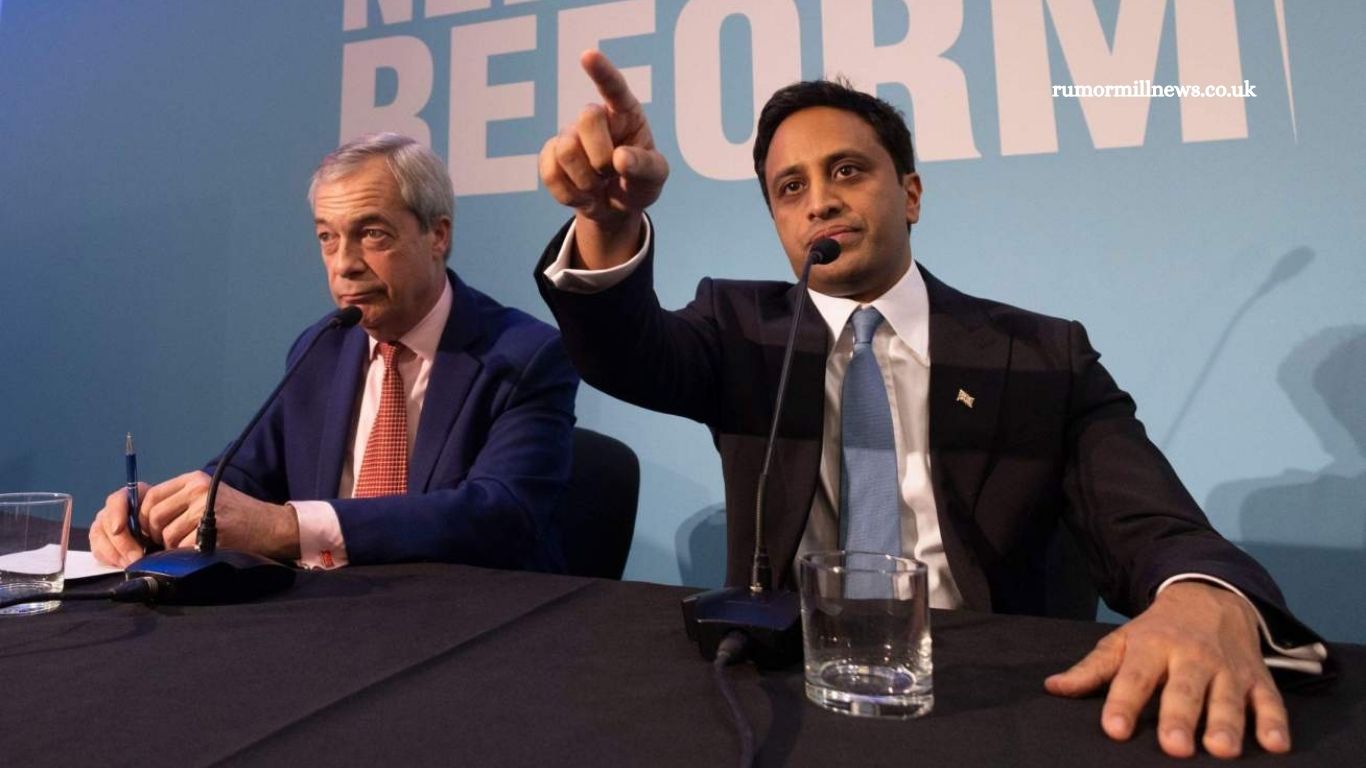Hundreds of local councils across England remain dangerously close to financial collapse, with many potentially going bankrupt within the next two years. This stark warning comes from the influential Public Accounts Committee (PAC), which has criticized both the current state of local government finances and the effectiveness of recent government interventions.
Despite an influx of new funding from the incoming Labour government under Prime Minister Keir Starmer, concerns persist that the support is insufficient to prevent a full-scale local authority crisis. The PAC’s latest report highlights deep structural problems, a lack of transparency, and inadequate long-term planning that threaten essential public services across the UK.
Mounting Financial Pressure on Local Authorities
Local councils collectively manage around £72 billion annually, funding critical services like adult social care, children’s services, waste management, and education. However, an overwhelming proportion of this budget is now being swallowed by statutory obligations, particularly Special Educational Needs and Disabilities (SEND) services and adult social care.
One of the most pressing issues is the growing cost of SEND. Councils are often required to procure expensive private provision due to limited internal resources, leading to spiraling overspending. Estimates suggest that overspending in SEND alone could hit between £2.9 billion and £3.9 billion by 2027–28.
In evidence provided to the committee, Hampshire County Council admitted it has been forced to reduce its services to the statutory minimum due to SEND costs. The council revealed it is spending £26 million annually to support just 37 of its most vulnerable children—a situation that reflects the unsustainable financial burdens many councils now face.
Read More: Israel’s Self-Destructive Move as Trump Stages War Theater
Unclear Fiscal Accountability and Delayed Audits
Adding to the uncertainty is the troubling fact that 75% of councils have not completed up-to-date financial audits. This lack of transparency hinders meaningful oversight and planning. The PAC condemned what it termed “creative accounting” by the government in last year’s Budget and Spending Review, accusing officials of masking deficits rather than resolving them.
Sir Geoffrey Clifton-Brown MP, the Conservative Chair of the Committee, stated:
“Scrutiny of council finances can now provoke a sense of déjà vu, with the same unfixed issues seen over and over. The Government must treat this Spending Review not as a sticking plaster but as the starting point for real reform.”
National Insurance Hike Compounds the Crisis
A sharp rise in employers’ National Insurance contributions has further strained council budgets. The Treasury’s decision to increase NI without assessing its impact on local authorities or care providers was deemed a “major misstep” by MPs. While the government allocated £515 million to soften the blow, the relief was not enough to offset rising operational costs, especially among third-party providers in adult social care.
The consequences are twofold: councils are grappling with higher employment costs, while essential services face disruption due to reduced capacity among private and charitable care providers.
Cuts to Preventive Services and Delayed Reforms
One of the long-term risks identified in the report is the systematic cutting of preventative services. As councils focus their limited resources on emergency or late-stage interventions, early support services—particularly in social care—are being neglected. This not only raises long-term costs but also worsens outcomes for vulnerable populations.
Furthermore, critical reforms to the local government funding structure and audit systems have been repeatedly delayed. The Ministry for Housing, Local Government and Communities postponed a long-awaited review of council financing yet again this March, pushing decisions to the autumn.
Government Response: Optimism Meets Skepticism
Jim McMahon MP, Minister for Local Government and English Devolution, dismissed some of the committee’s claims, stating that the government has already taken decisive action through its “Plan for Change.” According to McMahon:
- Over £5 billion in new grant funding was allocated in the recent Spending Review.
- More than 95% of audited accounts were submitted on time.
- No Section 114 notices (a formal declaration of financial failure) were issued in the past year.
- Claims for Exceptional Financial Support fell by £1 billion.
While these metrics paint a more stable picture, critics argue that these figures mask underlying vulnerabilities. The PAC remains unconvinced that current measures are sufficient to steer councils away from the looming financial cliff edge.
Key Risks and Systemic Challenges
The PAC’s report identifies a series of systemic challenges that continue to threaten the long-term stability of local government in England:
- Audit Delays: A failing audit system means councils are operating in financial darkness.
- SEND Overspending: Uncontrolled costs with no clear plan for reform.
- Delayed Reforms: Structural changes to funding and service delivery have repeatedly been postponed.
- Tax Reliance: Councils are expected to raise more funds via the council tax, hitting residents harder.
These issues are compounded by the government’s ambitious but uncoordinated reform agenda, which includes changes to audits, service delivery, and local government structure—all happening simultaneously.
Frequently Asked Questions
Why are local councils facing bankruptcy?
Many councils are struggling with rising costs, especially in social care and special education, while also dealing with inadequate funding and outdated audit systems.
How much do councils spend annually?
Local councils in England collectively manage approximately £72 billion per year, much of which is allocated to statutory services.
What is causing SEND overspending?
Due to a lack of internal provision, councils rely on expensive private placements for children with special educational needs, driving costs beyond manageable levels.
What is a Section 114 notice?
A Section 114 notice is issued when a council cannot meet its financial obligations, effectively declaring itself bankrupt.
Has any council gone bankrupt recently?
While no council issued a Section 114 notice in the past year, several are dangerously close, and past years have seen multiple councils reach financial collapse.
What is the government doing to help?
The government has pledged over £5 billion in new grant funding, launched audit reforms, and committed to restructuring local government financing.
Why are financial audits delayed?
There is a shortage of qualified auditors and systemic issues within the local government audit framework, causing major backlogs.
Is the council tax expected to rise?
Yes. The government’s current plan relies heavily on councils increasing council tax to meet funding shortfalls.
Conclusion
The financial instability facing local councils is more than just a budgetary issue—it’s a growing threat to the essential services that millions of citizens rely on daily. While the government has taken some action, including significant funding injections and reform plans, the underlying issues remain largely unaddressed.
The Public Accounts Committee has made it clear: unless the government takes a more strategic, transparent, and proactive approach, a wave of council bankruptcies is not just possible—it’s probable.





